Pakistan fired back Tuesday after U.S. President Donald Trump lashed out at the country and accused it of harboring terrorists, calling his New Year’s Day tweet “completely incomprehensible.”
The government summoned the U.S. ambassador to complain but stopped short of demands by protesting Islamic groups to expel the envoy.
The latest round of tit-for-tat attacks between the two reluctant allies, neither of whom trusts the other, was ignited by Trump’s tweet on Monday. He said the U.S. had “foolishly” given Pakistan more than $33 billion in aid in the last 15 years and had gotten nothing in return but “lies & deceit.”
He also reiterated longstanding allegations that Pakistan gives “safe haven to the terrorists we hunt in Afghanistan.”
The United States has foolishly given Pakistan more than 33 billion dollars in aid over the last 15 years, and they have given us nothing but lies & deceit, thinking of our leaders as fools. They give safe haven to the terrorists we hunt in Afghanistan, with little help. No more!
— Donald J. Trump (@realDonaldTrump) January 1, 2018
A statement issued after a National Security Committee meeting, which was attended by Pakistan’s prime minister and the powerful army chief of staff, said the U.S. was scapegoating Pakistan for its own failure to bring peace to Afghanistan after 16 years of war.
Pakistan and Afghanistan have long accused each other of harboring militants, and have exchanged lists of wanted terrorists they want apprehended and returned. Afghanistan has also provided what it says are the locations of militant camps inside Pakistan.
Pakistan denies supporting militants, pointing to its own war against extremist groups battling to overthrow the government. It blames the burgeoning insurgency in Afghanistan on runaway corruption, infighting that has paralyzed the Kabul government and record drug production. Pakistan says the chaos next door has spawned a proliferation of insurgent groups, including an Islamic State affiliate that has attacked it from hideouts in Afghanistan.
The National Security Committee statement said Pakistan is among the countries hardest hit by terrorist attacks, having lost thousands of civilians and soldiers to the violence that has convulsed the region since the Sept. 11 attacks.
Defense analyst and retired Pakistani Gen. Talat Masood said vilifying Pakistan won’t bring stability to the region and belittles the losses Pakistan has suffered.
“The people of Pakistan, the government of Pakistan (has) been really seriously affected and its consequences are felt every day,” said Masood. “America needs Pakistan. Without the help of Pakistan, it can never have stability in the region.”
Michael Kugelman, deputy director of the Wilson Center’s South Asia program, said withholding aid to Pakistan is unlikely to deter Pakistani support for insurgents it sees as necessary to protect its security interests. Pakistan has long supported Islamic militants battling India in the disputed Kashmir region, and has close ties to the Afghan Taliban.
“If the US truly had leverage, then one would have expected all the arms and money it’s sent to Pakistan over the years to have had happier results for the United States,” he said in an email interview. “It would take a whole lot on the part of Washington, and certainly more than threats and aid cuts, for Pakistan to agree to alter its immutable interests.”
The contradictions at the heart of U.S.-Pakistani relations were on display Tuesday, when the Jamaat-ud-Dawa movement held protests in Lahore calling for the expulsion of the U.S. ambassador.
The group is headed by Hafiz Saeed, who also founded the militant group blamed for the 2008 Mumbai attacks. The State Department has offered a $10 million reward for Saeed, who is wanted on terrorism charges, but he lives openly in Pakistan and frequently appears at public rallies.
Pakistan recently placed Saeed under house arrest for 11 months, but a court released him, citing lack of evidence.
Jamaat-ud-Dawa is headed by Hafiz Saeed, the founder of a terrorist group blamed for the 2008 Mumbai attacks, who lives openly in Pakistan despite a $10 million reward offered by the State Department.
(AP)

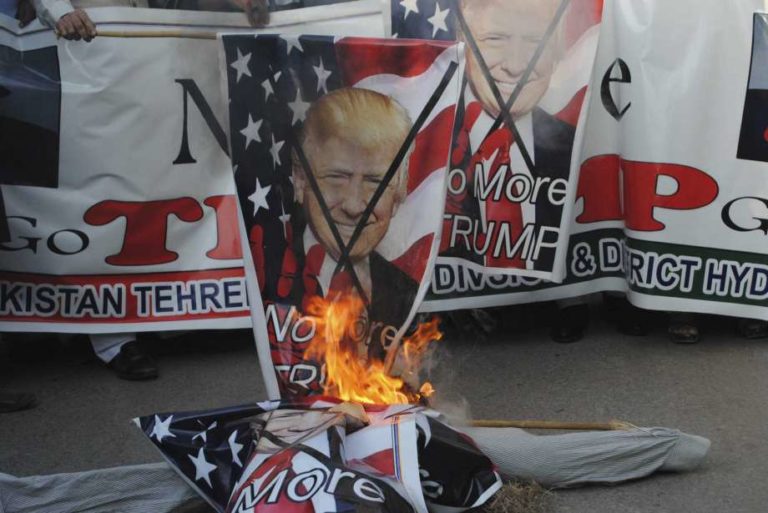
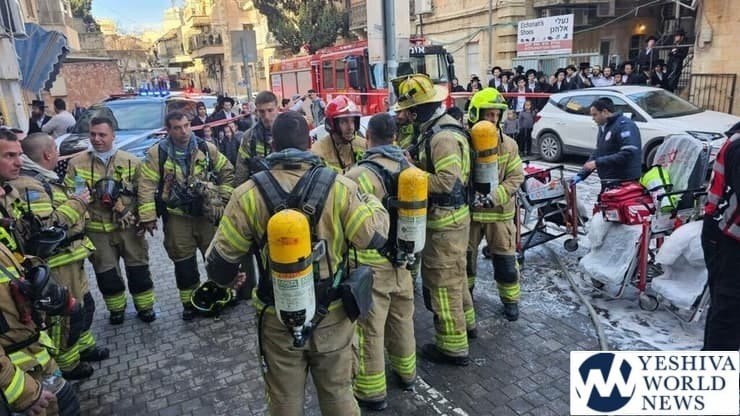
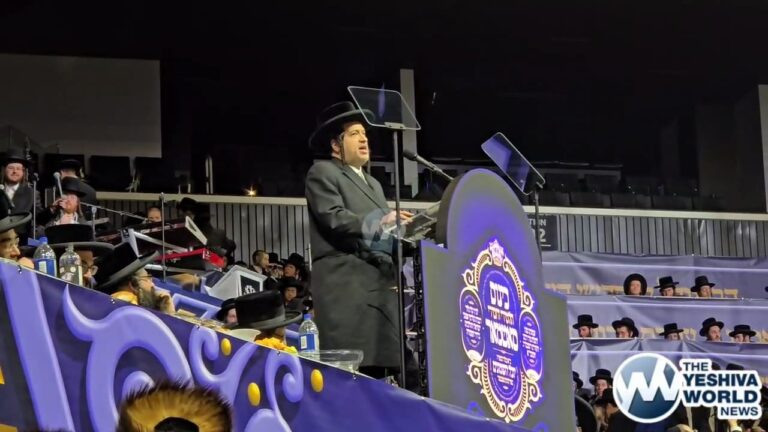
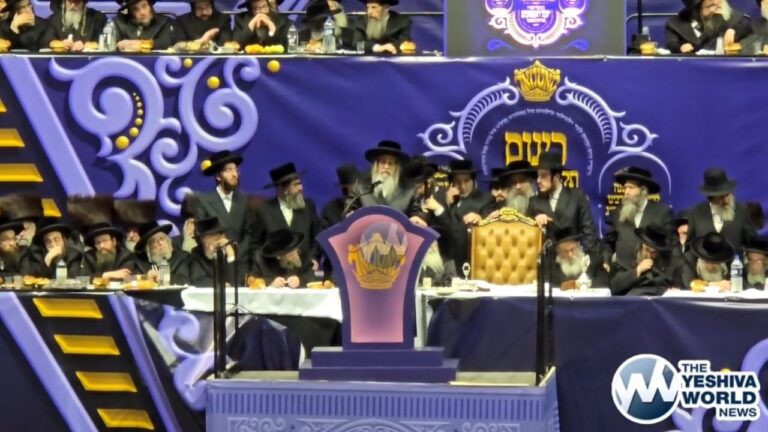
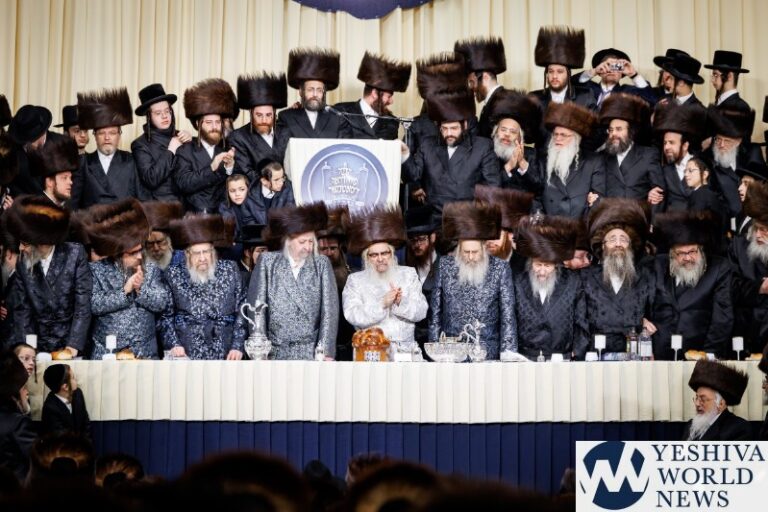




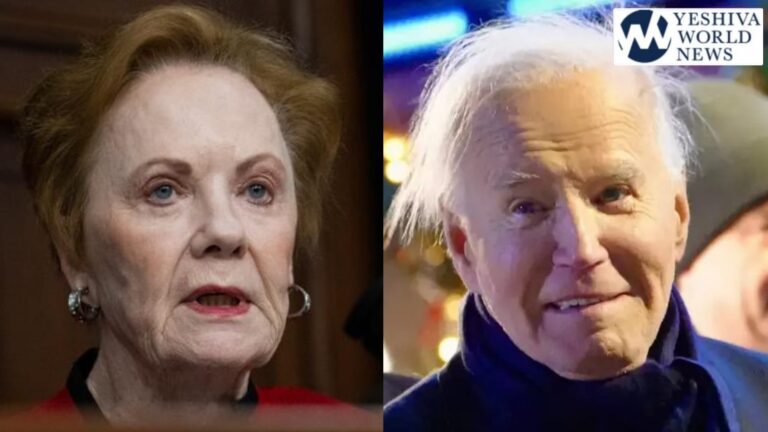
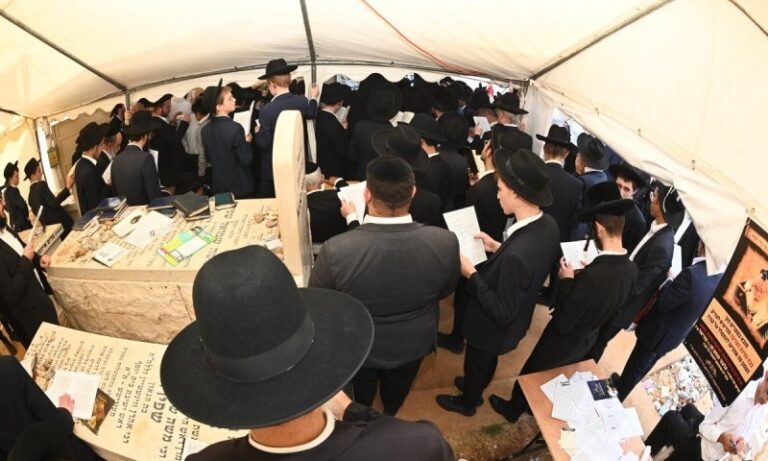
One Response
Trump’s comments were unfair. The President and elected government of Pakistan are not supporting terrorism. All the evidence shows that only the armed forces, and in particular the Pakistani equivalent of the CIA, are support terrorism, both against India (e.g. the attack on Mumbai) as well as against the United States (particularly in Afghanistan).
If you were upset about something the American military did, would it be fair to criticize the president.🤡
Actually my comment is unfair, since the Pakistani military doesn’t take kindly to the elected civilians giving them orders.